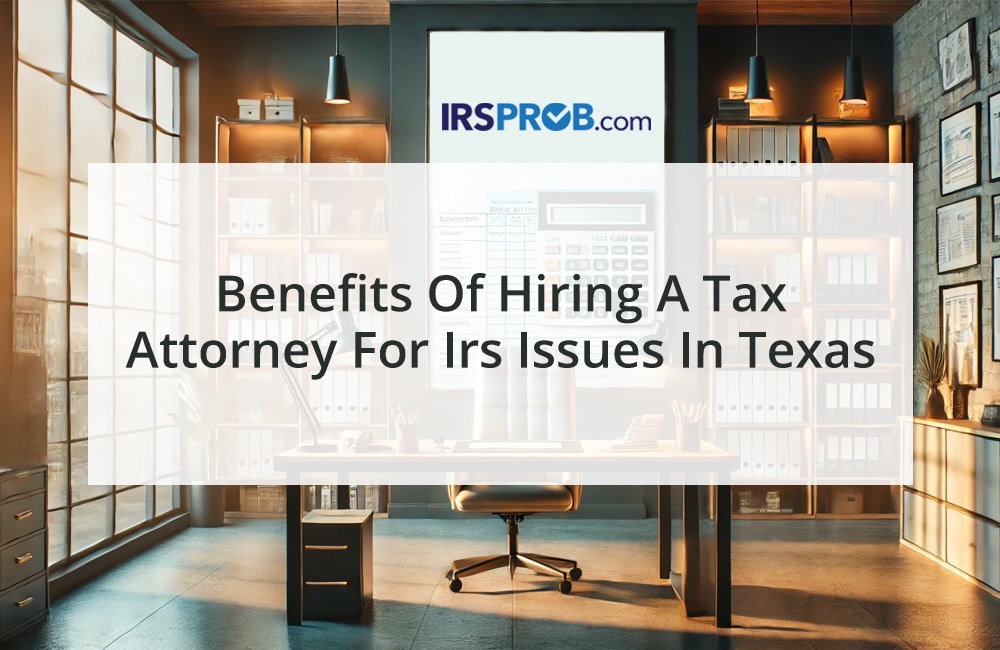Are you looking to make your home more energy efficient? The IRS reminds taxpayers that upgrading their homes with energy-efficient improvements could qualify them for valuable home energy credits. The Inflation Reduction Act of 2022 has expanded these credits, providing more opportunities for savings.

What Taxpayers Need to Know
Taxpayers can claim two primary credits for the year the qualifying expenditures are made: the Energy Efficient Home Improvement Credit and the Residential Clean Energy Credit.
Energy Efficient Home Improvement Credit
If you made qualified energy-efficient improvements to your home after January 1, 2023, you might be eligible for a tax credit of up to $3,200. Eligible improvements include:
- Exterior doors, windows, and skylights
- Insulation and air sealing materials or systems
Additionally, expenses for residential energy property such as:
- Natural gas, propane, or oil water heaters
- Natural gas, propane, or oil furnaces and hot water boilers
- Heat pumps, water heaters, biomass stoves, and boilers
- Home energy audits of a main home
Annual Credit Limits:
- $1,200 for energy property and certain energy-efficient home improvements, with limits on doors ($250 per door and $500 total), windows ($600), and home energy audits ($150).
- $2,000 for qualified heat pumps, biomass stoves, or biomass boilers.
Residential Clean Energy Credit
The Residential Clean Energy Credit equals 30% of the cost of new, qualified clean energy property installed in a home in the United States from 2022 through 2032. Qualified expenses include:
- Solar electric panels
- Solar water heaters
- Wind turbines
- Geothermal heat pumps
- Fuel cells
- Battery storage technology (beginning in 2023)
Standards for Qualification:
- Solar water heaters must be certified by the Solar Rating Certification Corporation.
- Geothermal heat pumps must meet Energy Star requirements.
- Battery storage technology must have a capacity of at least 3 kilowatt hours.
This credit has no annual or lifetime dollar limit except for fuel cell property. Note that this is a nonrefundable credit, meaning the credit amount received cannot exceed the amount owed in tax.
To claim the credit, taxpayers can use Form 5695, Residential Energy Credits.
By investing in energy-efficient improvements, not only can you reduce your energy bills and your carbon footprint, but you can also benefit from significant tax savings.







